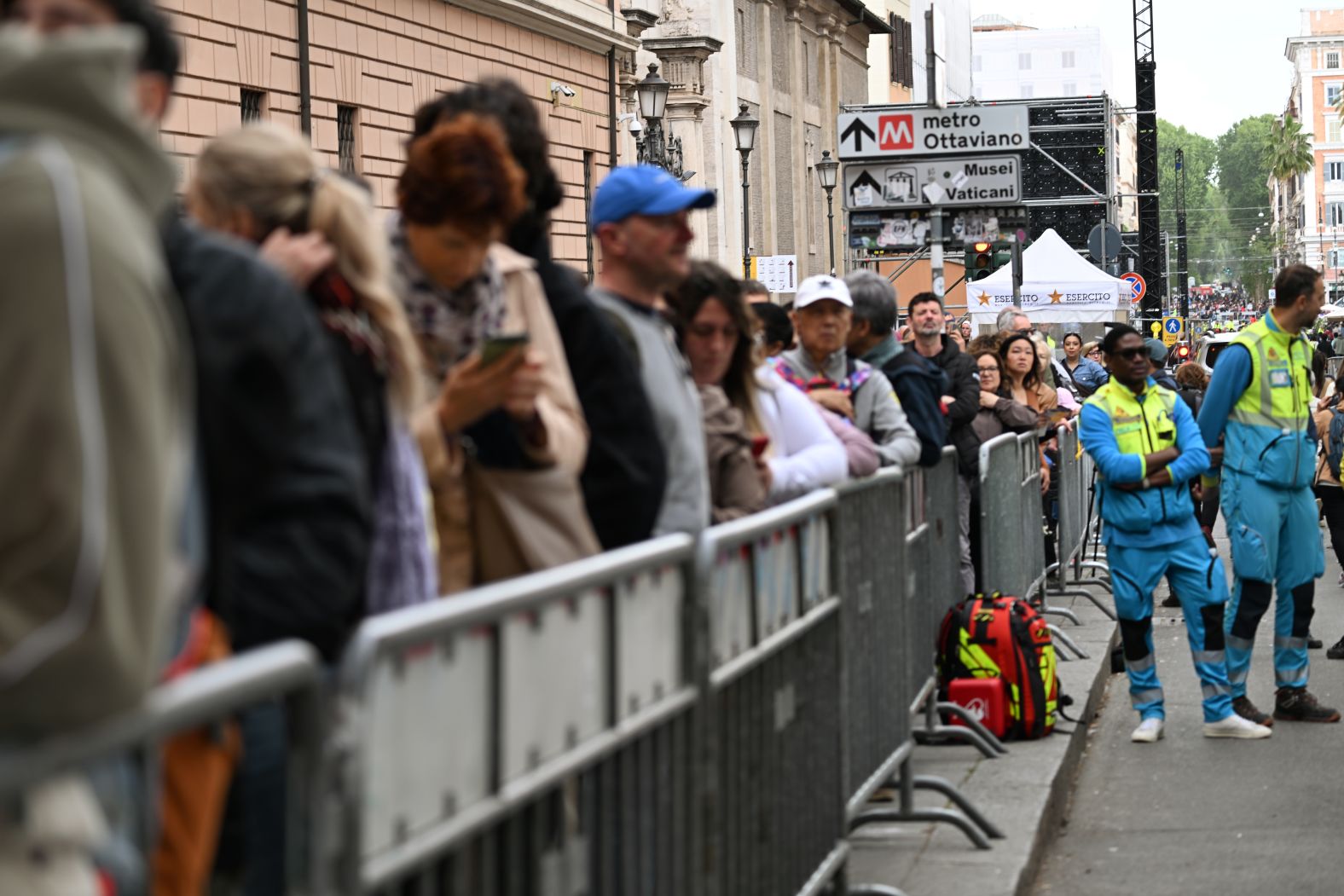- Local
Red flags to watch out for before choosing a financial advisor
时间:2010-12-5 17:23:32 作者:Economy 来源:Music 查看: 评论:0内容摘要:The much-loved author, who was made a dame in 2008, is known for writing about difficult and dark issues in accessible ways.The much-loved author, who was made a dame in 2008, is known for writing about difficult and dark issues in accessible ways.
"They [therapists] look at various other clues from your clothes and your behaviour and your actions and the way you look and your body language and all of that. And it's very difficult to embed these things in chatbots."Another potential problem, says Prof Haddadi, is that chatbots can be trained to keep you engaged, and to be supportive, "so even if you say harmful content, it will probably cooperate with you". This is sometimes referred to as a 'Yes Man' issue, in that they are often very agreeable.

And as with other forms of AI, biases can be inherent in the model because they reflect the prejudices of the data they are trained on.Prof Haddadi points out counsellors and psychologists don't tend to keep transcripts from their patient interactions, so chatbots don't have many "real-life" sessions to train from. Therefore, he says they are not likely to have enough training data, and what they do access may have biases built into it which are highly situational."Based on where you get your training data from, your situation will completely change.

"Even in the restricted geographic area of London, a psychiatrist who is used to dealing with patients in Chelsea might really struggle to open a new office in Peckham dealing with those issues, because he or she just doesn't have enough training data with those users," he says.Philosopher Dr Paula Boddington, who has written a textbook on AI Ethics, agrees that in-built biases are a problem.

"A big issue would be any biases or underlying assumptions built into the therapy model."
"Biases include general models of what constitutes mental health and good functioning in daily life, such as independence, autonomy, relationships with others," she says.And in 2023, photos circulating on social media
including steaks and cheese with security tags, while coffee was replaced with dummy jars.UK steelmakers said US President Donald Trump's decision to double import taxes on steel and aluminium to 50% is "yet another body blow" to the industry.
Trade group UK Steel warned some orders could be delayed or cancelled, with uncertainty surrounding some shipments which are already halfway across the Atlantic.Trump's new 50% import tax will come into effect on Wednesday. It will replace the 25% import tax that the US president announced earlier this year.
- 最近更新
- 2025-07-07 03:14:25NASCAR hammers Ford driver Chris Buescher and his team for illegal modifications at Kansas
- 2025-07-07 03:14:25Omaha Steaks CEO says beef market now facing ‘pressure’ tariffs can’t fix
- 2025-07-07 03:14:25Fact check: Will ‘big beautiful bill’ really allow Trump to delay election?
- 2025-07-07 03:14:25Costa Rica looks to El Salvador's gang crackdown for path to stopping violence
- 2025-07-07 03:14:25A building is destroyed in an explosion at Northrop Grumman's rocket test site
- 2025-07-07 03:14:25The top photos of the day by AP's photojournalists
- 2025-07-07 03:14:25Celtics' latest NBA title reign a brief one after Knicks rout them in Game 6 of second round
- 2025-07-07 03:14:25New Orleans jazz festival celebrates music and food
- 热门排行
- 2025-07-07 03:14:255-Ingredient Fresh Tomato Pasta
- 2025-07-07 03:14:25Devastating flash floods leave more than a dozen dead in San Antonio
- 2025-07-07 03:14:25discounts or special deductions
- 2025-07-07 03:14:25Book Review: Nancy Kwan tells the behind-the-scenes story of playing a Hollywood stereotype
- 2025-07-07 03:14:25allow you to adjust your full coverage
- 2025-07-07 03:14:25Dodger Stadium singer confirms she performed national anthem in Spanish to protest IC…
- 2025-07-07 03:14:25our guide to age-smart ways to save on home insurance
- 2025-07-07 03:14:25Gaza doctor Alaa al-Najjar loses nine of her 10 children in Israeli attack
- 友情链接
- Campaigners launch legal challenge to Thames Water reservoir plan Trump gambles his presidency as US enters war with Iran Farage to offer non-doms £250,000 fee to avoid UK tax for life Also in this newsletter: How the Iran crisis affects Europe In maps: Iran’s three nuclear sites targeted by US bombers US and Israeli attacks hit key nuclear sites but questions remain over stash of enriched material Elevate your dining experience, whether you’re watching Wimbledon, Wicked, or the sun go down UK output price inflation hits 4-year low, survey shows Reform UK policy would transfer money directly to poorest 10% He should persuade the leadership in Tehran that this is still possible Appreciation would suit Beijing’s global ambitions for the currency In maps: Iran’s three nuclear sites targeted by US bombers What matters now is Tehran’s response Farage to offer non-doms £250,000 fee to avoid UK tax for life Investing in America: The best US cities for international business Company should fix leaky pipes instead of pursuing £2.2bn Oxfordshire project, say activists Next week’s development finance conference in Seville is unlikely to deliver much Tracking Ukraine’s battle against Russia in maps and charts Leaders risk getting into a shouting match with Donald Trump over increased defence spending Gulf allies shaken by Trump’s Iran strikes Elevate your dining experience, whether you’re watching Wimbledon, Wicked, or the sun go down Tracking Ukraine’s battle against Russia in maps and charts Farage to offer non-doms £250,000 fee to avoid UK tax for life The 10 most entertaining terraces in London Trump gambles his presidency as US enters war with Iran Elevate your dining experience, whether you’re watching Wimbledon, Wicked, or the sun go down Sign up for Swamp Notes, our newsletter on the intersection of money and power in US politics Private equity group KKR trumped by rival bidders in Spectris and Assura deals Private equity group KKR trumped by rival bidders in Spectris and Assura deals What happens to Nato if the US steps back?
